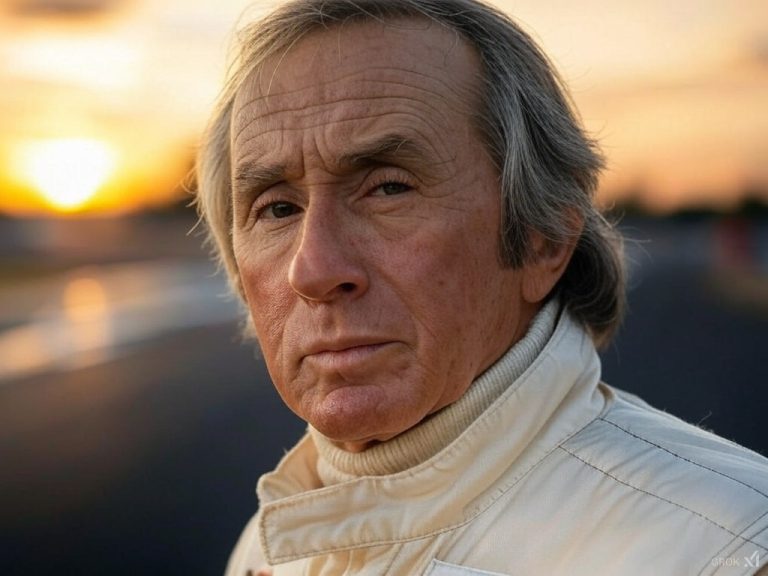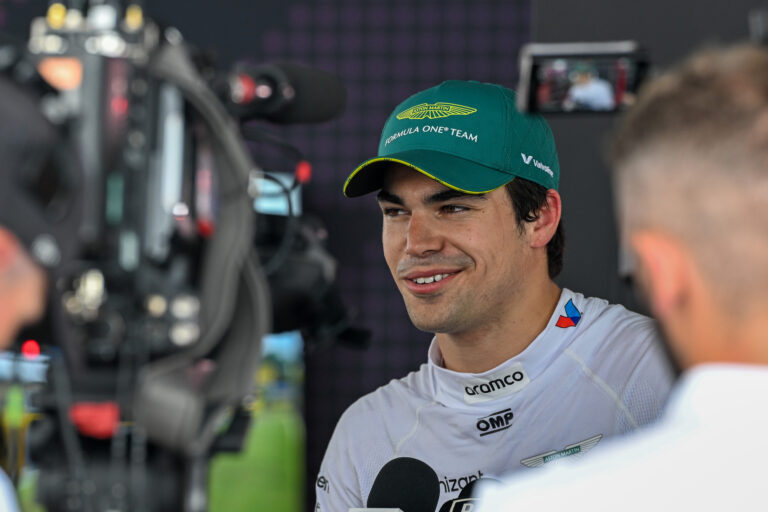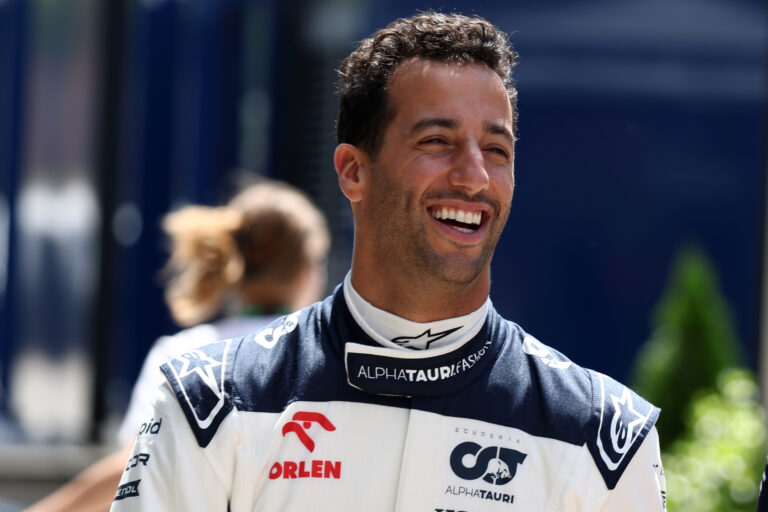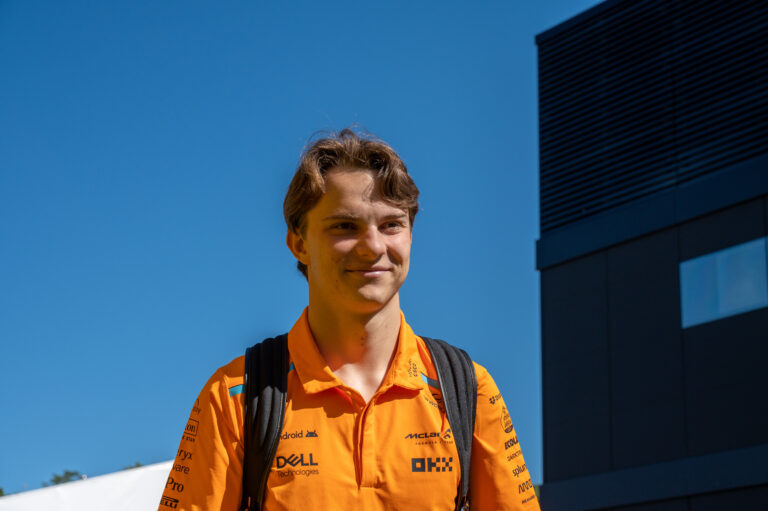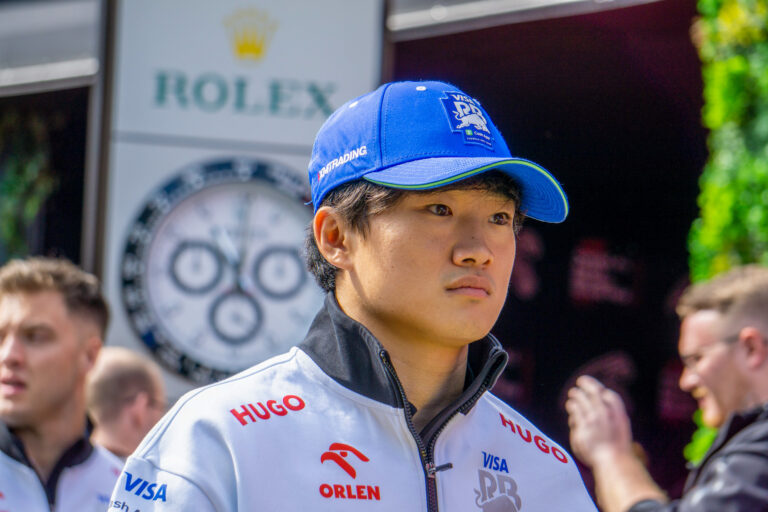Legends of Formula 1 Nico Rosberg
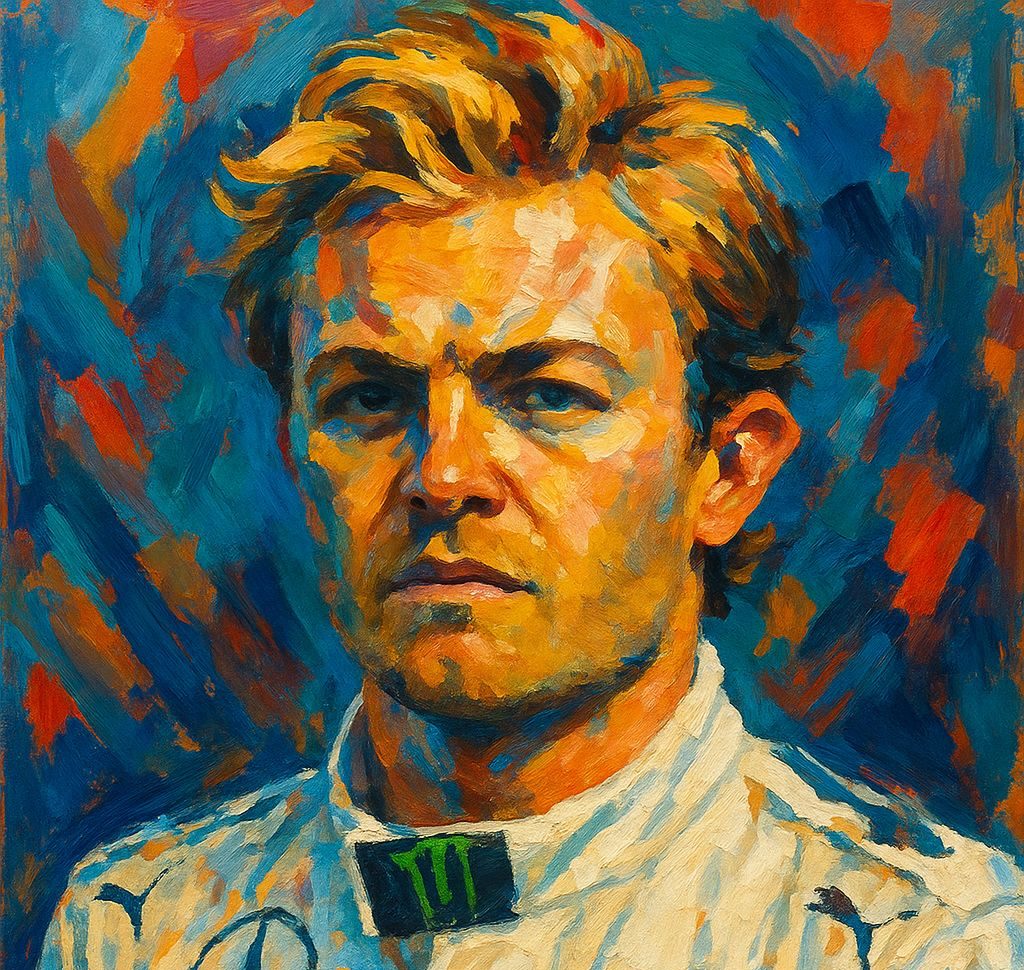
Origins & Early Life
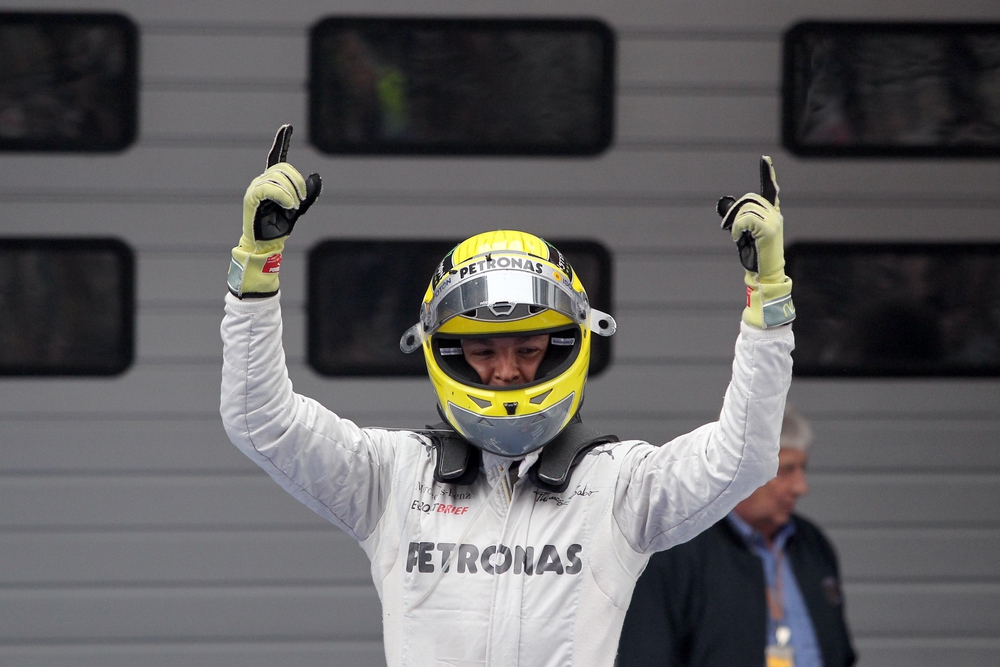
Born on June 27, 1985, in Wiesbaden, Germany, Nico Erik Rosberg was always destined for the racetrack. As the son of 1982 Formula 1 World Champion Keke Rosberg, motorsport was practically in his DNA. Raised primarily in Monaco by his German mother Sina and Finnish father, Nico had access to a privileged environment, but his ambition to become a World Champion was rooted in personal desire rather than parental pressure. By age six, Rosberg was already karting and dreaming of one day matching his father’s success on the world stage.
Rosberg’s upbringing was unique—he was fluent in five languages, excelled in school, and was even accepted to Imperial College London to study aeronautical engineering before choosing racing. His intelligence and technical acumen would become trademarks of his driving style in Formula 1.
For Tickets and Package Deals to F1 races Please Click Here
The Road to Formula 1
Rosberg’s junior career was as polished as his demeanor. He won the 2002 Formula BMW ADAC Championship in dominant fashion, earning nine wins in twenty races. His success earned him a test with Williams, making him the youngest driver to test an F1 car at the time.
He continued his development in the F3 Euro Series and capped off his feeder career by winning the inaugural GP2 Championship in 2005 with ART Grand Prix. That title was enough to convince Williams to sign him as a race driver for the 2006 season, setting the stage for his decade-long F1 journey.
Nico Rosberg’sFormula 1 Career
"It's been a long time coming"
— Formula 1 (@F1) December 3, 2016
@nico_rosberg's first #F1 win came in his 111th race. His first world title was sealed at his 206th & last pic.twitter.com/s83hOomo4o
Williams Years (2006–2009)
Nico Rosberg entered Formula 1 with Williams in 2006 and immediately demonstrated his potential by setting the fastest lap in his debut Grand Prix in Bahrain—a remarkable feat for a rookie. While the team was in decline and far from its glory days, Rosberg gained valuable experience and gradually established himself as a reliable and technically gifted driver. He secured his first podium in Australia in 2008 and added another second-place finish later that year in Singapore. Despite never having a race-winning car at Williams, Rosberg’s consistency and speed made him a coveted prospect for top teams.
The Mercedes Era Begins (2010–2012)
In 2010, Rosberg made the pivotal move to the newly reborn Mercedes GP, formed from the title-winning Brawn GP squad. Partnered with seven-time World Champion Michael Schumacher, Rosberg held his own and often outperformed the veteran—outqualifying and outscoring him in all three of their seasons together. He claimed his maiden F1 win at the 2012 Chinese Grand Prix, a breakthrough moment that underscored his readiness to contend for championships if given the machinery.
The Hamilton-Rosberg Rivalry (2013–2016)
In 2013, Mercedes signed Lewis Hamilton—Rosberg’s old friend and karting teammate turned rival. What began as a respectful partnership quickly unraveled into one of the most intense intra-team rivalries in F1 history. The turbo-hybrid era, which began in 2014, gave Mercedes a dominant car, and with it came a battle for supremacy that would define Rosberg’s career.
2014: Fire Ignites
Rosberg began the 2014 season strong, winning the opener in Australia and consistently finishing on the podium. The Monaco Grand Prix that year was a turning point. Rosberg secured pole position under controversial circumstances by locking up on his final run, bringing out yellow flags and preventing Hamilton from completing his lap. Though cleared of wrongdoing, the incident planted seeds of mistrust.
Rosberg went on to win five races in 2014, but a mechanical failure in the season finale at Abu Dhabi crushed his title hopes, handing the championship to Hamilton.
2015: Tension Boils Over
Hamilton once again outpaced Rosberg for most of the season, winning ten races to Rosberg’s six. The tension between the two reached a peak at the U.S. Grand Prix, where a frustrated Rosberg threw a sponsor’s cap back at Hamilton in the cooldown room after losing the race due to a late mistake. This moment, dubbed “Capgate,” exposed the psychological warfare playing out behind closed doors.
Determined not to be defeated again, Rosberg ended the 2015 season with three consecutive wins, setting the tone for what was to come.
2016: Redemption and Retirement
Happy Birthday, @Nico_Rosberg 🎉
— Formula 1 (@F1) June 27, 2020
Our 2016 champion turns 3⃣5⃣ today!#F1 pic.twitter.com/qxzBmolC6x
The 2016 season was Rosberg’s ultimate test of character and endurance. He started with four consecutive wins, seized control of the championship early, and fought back from setbacks with an intensity never seen before. A dramatic crash between the two Mercedes drivers at the Spanish Grand Prix—and later in Austria—highlighted how bitter and personal the rivalry had become.
Rosberg’s commitment to mental discipline became legendary. He worked with psychologists, studied mindfulness, changed his diet, stopped using social media, and even adjusted the weight of his helmet to optimize performance. Every detail mattered.
Hamilton mounted a late-season comeback, winning the last four races of the year, but Rosberg’s relentless consistency kept him just five points ahead. In the season-ending Abu Dhabi Grand Prix, Hamilton controversially tried to back Rosberg into the chasing pack to sabotage his title bid. Rosberg held firm under immense pressure, finishing second and clinching the 2016 World Championship.
It was a storybook ending—and a mic drop. Just five days later, Rosberg stunned the world by announcing his retirement from Formula 1, stating he had achieved everything he set out to do.
Career Stats (F1)
- Starts: 206
- Wins: 23
- Podiums: 57
- Pole Positions: 30
- Fastest Laps: 20
- Championships: 1 (2016)
- Total Points: 1594.5
Legacy & Life Beyond F1
Rosberg’s decision to retire as reigning champion remains one of the boldest exits in sports history. Rather than chasing more trophies, he chose to prioritize his family and new ventures. He became a TV pundit for Sky Sports F1, a shrewd investor, and an eco-entrepreneur. His Greentech Festival champions sustainable technologies, and his YouTube channel documents everything from car reviews to climate initiatives.
In motorsport, Rosberg managed the return attempt of Robert Kubica and formed Rosberg X Racing, a team that competed in Extreme E and won titles in 2021 and 2023 before folding in 2024 as the series transitioned to hydrogen. He also launched the Rosberg Young Drivers Academy and the Rosberg Philanthropies, showing a continued commitment to both motorsport and social good.
Conclusion
Nico Rosberg’s career was defined by intellect, precision, and perseverance. Often labeled the underdog in the shadow of more naturally gifted drivers, he proved that brains, discipline, and determination can conquer even the fiercest rivals. In an era dominated by Hamilton, Vettel, and Alonso, Rosberg carved out his own legacy—culminating in a world title and an unforgettable rivalry.
Now retired from racing but active as a businessman, philanthropist, and environmental advocate, Rosberg remains a compelling figure in the world of motorsport. As the Formula 1 world looks ahead, Rosberg’s story reminds us that true champions know when they’ve reached the summit—and have the courage to walk away with grace.
For Tickets and Package Deals to F1 races Please Click Here
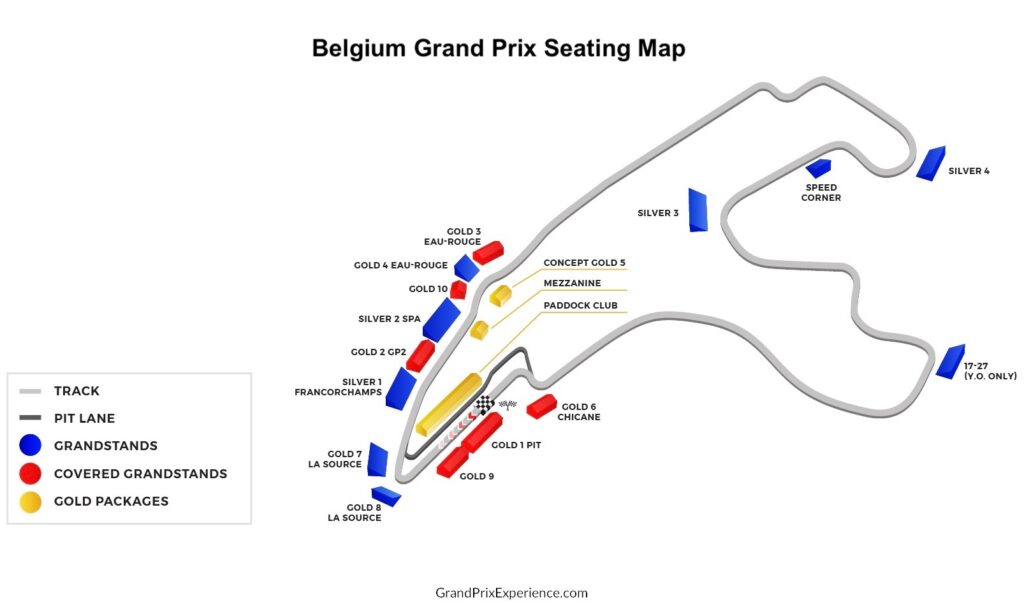
Sources:


